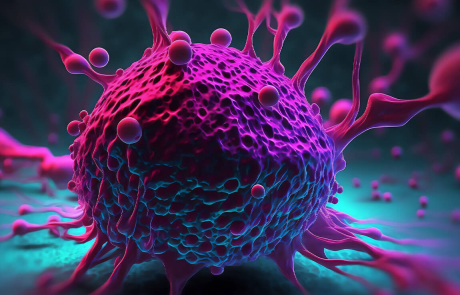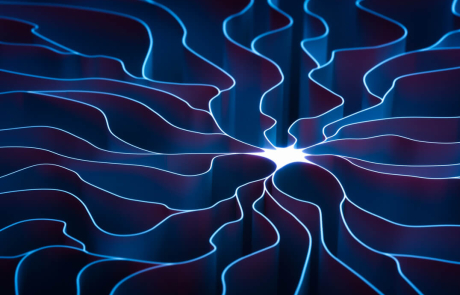Introduction
The main focus of the Bettelli Lab is to identify the cell types of the immune system and mechanisms, which induce and regulate the development of autoimmunity.


Member
Estelle Bettelli, PhD
Principal Investigator, Bettelli Lab; Center for Fundamental Immunology; Affiliated Professor, UW Department of Immunology
View Full Bio
Lab Members

Pushpa Palle, PhD
Postdoctoral Research Associate, Bettelli Lab; Center for Fundamental Immunology

Yevgeniy Yuzefpolskiy, PhD
Postdoctoral Research Associate, Bettelli Lab; Center for Fundamental Immunology
Featured Publications
Diminished responses to mRNA-based SARS-CoV-2 vaccines in individuals with rheumatoid arthritis on immune modifying therapies.
JCI Insight
Klebanoff SD, Rodda LB, Morishima C, Wener MH, Yuzefpolskiy Y, Bettelli E, Buckner JH, Speake C, Pepper M, Campbell DJ
STAT1 signaling protects self-reactive T cells from control by innate cells during neuroinflammation.
JCI Insight
Arbelaez CA, Palle P, Charaix J, Bettelli E
Cutting Edge: Effect of Disease-Modifying Therapies on SARS-CoV-2 Vaccine-Induced Immune Responses in Multiple Sclerosis Patients.
J Immunol
Yuzefpolskiy Y, Morawski P, Fahning M, Speake C, Lord S, Chaudhary A, Morishima C, Wener MH, Kita M, McCarthy L, Buckner JH, Campbell DJ, Bettelli E
Cutting Edge: DOCK8 Regulates a Subset of Dendritic Cells That Is Critical for the Development of Experimental Autoimmune Encephalomyelitis.
J Immunol
Weliwitigoda A, Palle P, Gessner M, Hubbard NW, Oukka M, Bettelli E
Circulating TFH cells as a marker for early therapeutic intervention in T1D.
Nat Immunol
Bettelli E, Campbell DJ








